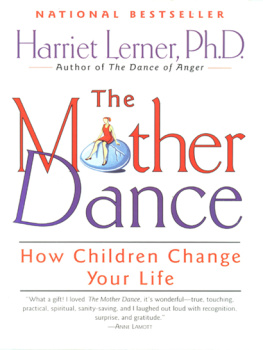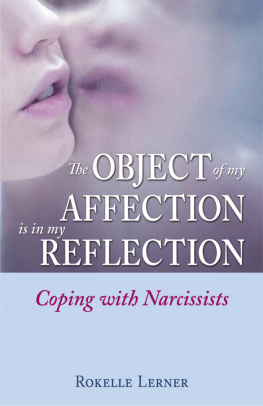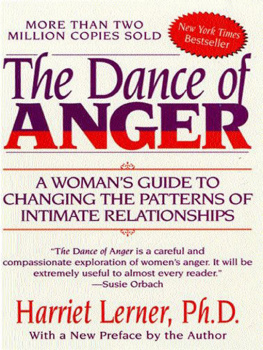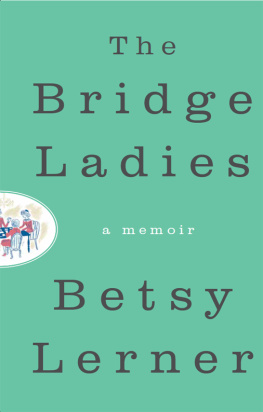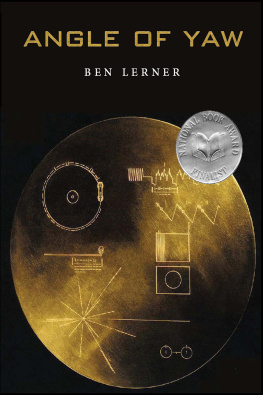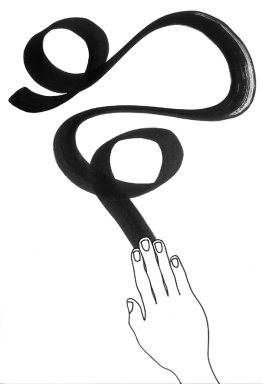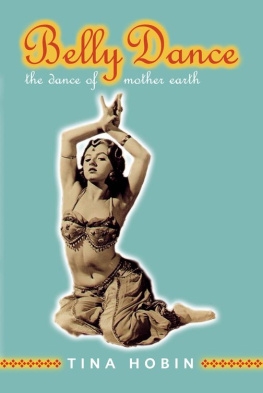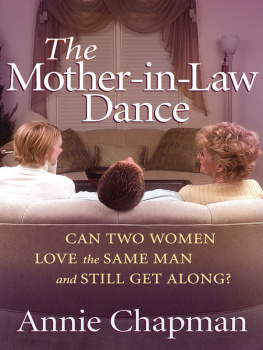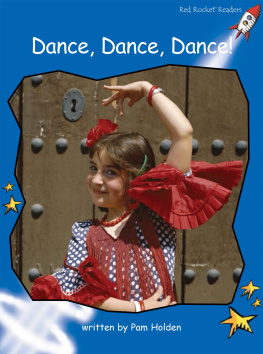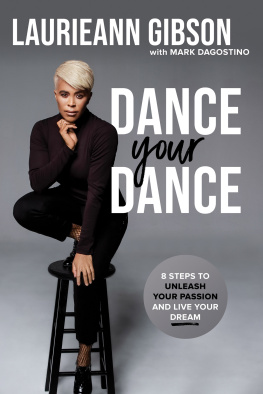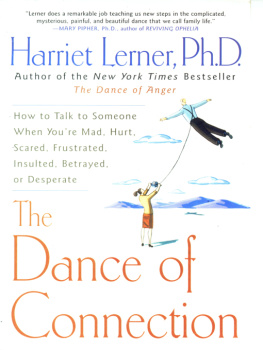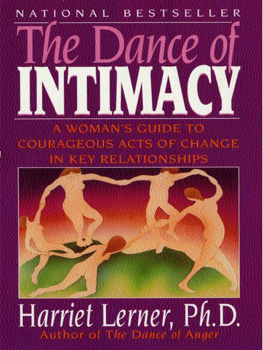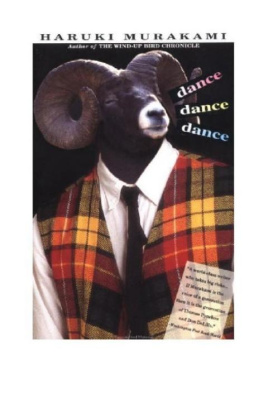For Matt and Ben
Contents
INITIATION
Conception and Birth: A Crash Course in Vulnerability
Are You Fit to Be a Mother?
Bringing the Baby Home and Other Hazards of Parenting
A Fork in the Road: His New Life and Your New Life
TRIAL BY FIRE
Enough Guilt for Now, Thank You
Will Your Child Become a Serial Killer?
Bens Earring and Other Power Struggles
How to Talk to Kids You Cant Talk To
BIGGER KIDS, BIGGER CHALLENGES
Food and Sex: Passing Your Hang-ups Down the Line
Your Daughter Is Watching You
Raising a Mamas Boy? Go for It!
Siblings: The Agony and the Glory
Will Your Kids Be on Speaking Terms Twenty Years from Now?
WHAT YOUR MOTHER NEVER TOLD YOU
What Kind of Mother Ever Hates Her Children?
What Stepmothers Are Stepping Into
The Family Dance
The Empty NestHurrah!?
B eing a mother comes about as naturally to me as being an astronaut. This fact alone should inspire trust. Who wants to read anything written by a mother who is arrogant, who sails through effortlessly, who is blissed out putting a snowsuit on her flailing toddler, or whose eyes always shine brightly when she says, I am a mother, in response to the question What do you do? I have none of the aforementioned problems, so I am well suited to offer my honest experience and best thinking about mothering and how it transforms usand all our relationshipsboth inside and out.
After initially setting out to write a book on parenting, I shifted gears along the way. It happened like this: I had been writing merrily along for several months when I decided to visit one of those giant three-story bookstores that are as big as Bloomingdales and as overwhelming. I walked bravely to the section on parenting. Any author who begins writing a book on a particular subject is obligated to look at other works written on that topic, even if the prospect is daunting.
I was especially worried that Id find a book exactly like the one I was writing, a prospect about as unlikely as my bumping into a mother who has children exactly like mine. But authors, like mothers, worry about everything, so I couldnt help experiencing heart palpitations and mild dizziness on approaching the section labeled Childbirth/Child Rearing/Parenting.
Actually, I had sworn off the entire genre of parenting books when my first son was born, for reasons Ill explain later. While I had kept fairly up-to-date with the professional literature on mothering, I hadnt paid attention to the popular books for some twenty years. Now I noticed that they had flourished wildly. Several thousand books filled the parenting section to help mothers get through pregnancy and childbirth and breast-feeding and then to instruct parents on how to proceed from there.
Okay, Im exaggerating, but there were more books than any parent could read and still have time left to spend with a child. Refreshingly, child-rearing books now focus on good parenting, as opposed to the more narrow focus on good mothering. But wall-to-wall books on parenting? It would be easier to make or adopt another baby than to wade through even a fraction of these volumes.
Did I really want to add yet another how-to-parent book to the already cluttered market? Perhaps enough had been said. But after perusing the contents of this bookstore and others, I couldnt help but notice that a conspicuous silence surrounded the subject of mothering itself; that is, I found little about the mothers experience of mothering and how her life and relationships were altered and transformed by motherhood. So instead of a book about how to parent, I decided to write about being a motherwhat it does to us and what it feels like from the insidewritten from my dual perspective as both a mother and a psychologist.
When I began writing this book, I had one son in high school and another in college. Two years later I completed the project from the vantage point of a newly empty nest. Ive valued the opportunity to take a retrospective look at my own complex experience of mothering, and Ive not hesitated to share the best and the worst of it. Readers who know me from The Dance of Anger or my other books may be surprised to learn that I can behave so badly with my own children. But I hope my frankness will help new mothers and mothers-to-be prepare for what lies ahead and feel less alone in making sense of an overwhelming experience. As Christina Baker Kline notes in her book Child of Mine , new mothers crave hearing the voices of other mothers talking to them, telling them they are not crazy or alone.
This craving is no less urgent in women whose children, like mine, are no longer small. Whether your kid is two or twenty, you may look back and judge your own mothering harshly, concluding that you didnt get it right. If you fall into this category, I hope you will find confirmation in these pages for the amazing variety of feelings that mothers experience and that you will be less fettered by nonproductive guilt, anxiety, and self-blame.
There are countless categories of mothers, numerous kinds of families, and endless issues and challenges that any particular mother may face. This book does not begin to include them all. Every mothers experience is both universal and unique, and no two journeys through the perilous terrain of child rearing are ever the same. Kline quotes Gloria Steinem, who put it this way: Perhaps we share stories in much the same spirit that explorers share maps, hoping to speed each others journey, but knowing the journey we make will be our own.
Of course, Ive also tucked in my best parenting advice. After twenty-five years of trying to help people solve their problems, I can hardly stop now. The truth is, I not only love giving advice but also rely on getting advice from others. Some folks are do-it-yourselfers, but not me. I believe were here to help each other and, especially once we have children, we need all the help we can get.
I became pregnant in the old-fashioned way. I never believed that I would really become pregnant because the thought of having an entire person grow inside your body is such a bizarre idea that only lunatics or religious fanatics would take for granted the fact that it might actually happen. And then there is the matter of getting the baby out, which is something no normal person wants to think about.
I was thirty when I became pregnant for the first time. Before this pregnancy, I had not experienced one maternal twinge. When my friends would bring their infants in little carrying baskets to dinner parties, I felt sorry for them (the parents) because the whole thing seemed like so much trouble. Oh, yes, I would chirp with false enthusiasm when asked if I would like to hold one of these tiny babies. But I was just being polite or trying to do the normal-appearing thing. I always sat down before allowing anyone to hand me a baby because Im something of a klutz and I knew that if anyone was going to drop a baby it would be me.
To say that I was not maternal is an understatement of vast proportion. I enjoyed adult company, and my idea of a good time did not include hanging out with babies who were unable to dress themselves, use the toilet, or make interesting conversation. By contrast, my husband, Steve, truly loved babies and never worried about dropping them. We always planned to have children, but not, on my part, out of any heartfelt desire. I just thought that having children was an important life experience I shouldnt miss out on, any more than I wanted to miss out on live concerts or traveling through Europe. Although I thought having children seemed like the thing to do, I put it off as long as I reasonably could.

